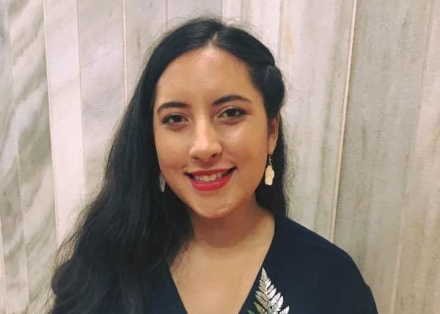Recasting Tongan Sovereignty: Land, Gender and Indigeneity

Explorations of sovereignty provide insights into the relationships between the nation state and her people. Tonga is often heralded as the only Pacific Island to have remained "sovereign," having avoided formal colonisation. However, this sovereignty relied upon the subjugation of women and women's bodies, as well as the re-writing of Tonga's Indigenous ontologies of land.
In her thesis, Patricia (Trish) Tupou examines how Tonga's written historical canon has often misrepresented women as mere appendages to independence; as a murdered priestess, or a strategic 'giving away' of one's sister or daughter for marriage, or as only being in relationship with the land through the formalisation of land tenure via one's husband. These changes in Tonga's religious and political landscape continue to endure through the 1875 Constitution and the 1927 Land Act, both still in use today. Utilising innovative Indigenous methods such as fananga (story telling), as a vehicle to animate gendered connections to land, as well as renegotiating the tā vã (time and space) of Tongan diaspora communities Trish recasts our understanding of Tongan sovereignty and asks, what does it mean to be a Tongan sovereign woman? How and why have women and women's bodies continued to threaten the validity of Tongan sovereignty and independence? And how do embodied archives of stories challenge the erasures of colonial legacies and the mapping of this violence onto ontologies of land?






